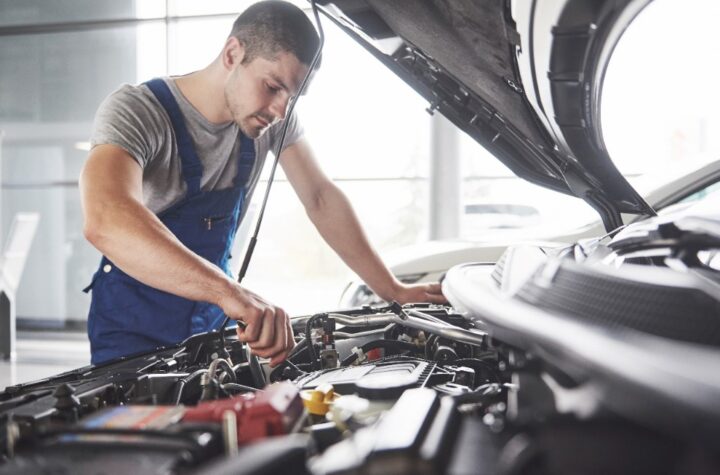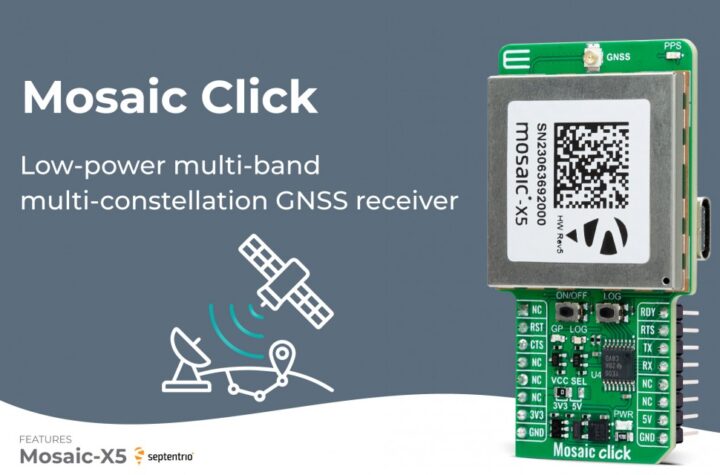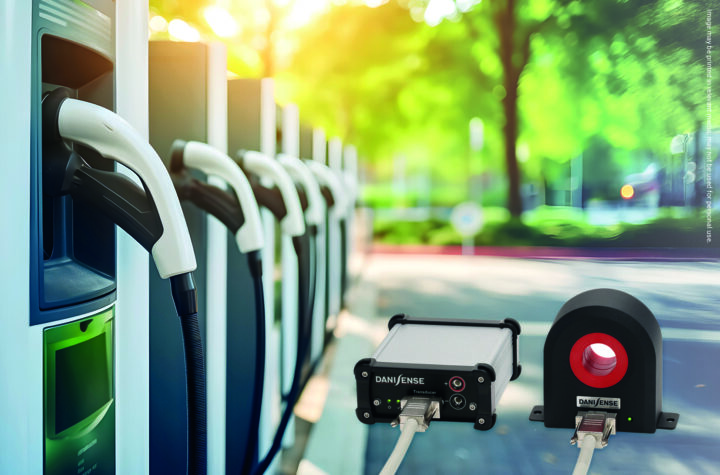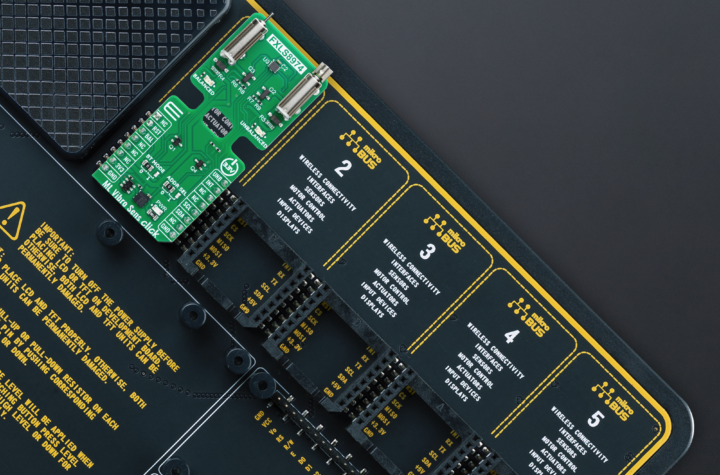
 While telematics is still a sore subject after failing to live up to hyped-up expectations, data communication to and from the vehicle is still a goal for industry players, though on a longer-term basis. We recently caught up by phone with data-communications guru and perpetual world traveler T. Russell Shields, one of the founders of the recently IPO’d and successful map data company NAVTEQ. Beyond NAVTEQ, Mr. Shields has stayed globally active in telematics through his ownership of Ygomi LLC, a technology incubator and holding company, which among many other things, works on technology to support and enable telematics. Ygomi has about 1,000 employees, roughly 20 of whom work in telematics.
While telematics is still a sore subject after failing to live up to hyped-up expectations, data communication to and from the vehicle is still a goal for industry players, though on a longer-term basis. We recently caught up by phone with data-communications guru and perpetual world traveler T. Russell Shields, one of the founders of the recently IPO’d and successful map data company NAVTEQ. Beyond NAVTEQ, Mr. Shields has stayed globally active in telematics through his ownership of Ygomi LLC, a technology incubator and holding company, which among many other things, works on technology to support and enable telematics. Ygomi has about 1,000 employees, roughly 20 of whom work in telematics.
Mr. Shields believes that in 10 years, or so, cars will come equipped with the capability to collect and disseminate important data wirelessly. Such data will include information about traffic flow, about the health of the vehicle and about road conditions. For example, a of new cars already have enough sensors to measure how slippery the road surfaces are. That information effectively disseminated via a centralized computer to vehicles approaching hazardous section of the road could warn drivers to slow down, reducing accidents and possibly saving lives. Similarly, cars that are stopped in traffic for fog or an accident can, through the infrastructure, automatically trigger warnings to oncoming drivers.
Carmakers are keenly interested in the prospects for transmitting diagnostics data to service facilities — to head off expensive recalls and pare down the roughly $30 billion the industry spends annually on warranty claims. Diagnostics data could also be used to advise car owners when to bring in their vehicles for service, possibly averting vehicle breakdowns on the highway.
Cars with data communications capabilities and GPS receivers could also become “probes” to collect traffic data that could be valuable to traffic information service providers, assuming U.S. consumers are willing to pay for information they now get free from radio broadcasts. While today’s traffic data is often late and of varying quality, realtime data from probe cars would be perfect once a critical mass of vehicles are equipped as traffic probes.
Mr. Shields expects to see a division between personal communications devices carried into the vehicle and the data communications systems that will be embedded in most vehicles. By 2010 the cell phone/PDA will evolve beyond simply a personal communicator and will include a hard disc drive for storing things like music files and navigation databases.
“The driver-related functions we’ve been calling telematics in most cases will reside on your personal, portable communicator.” The car will then become a very important peripheral to link up to, since the vehicle’s displays and audio system can provide a good human machine interface. “There’s just no way that car companies can continue to spend money to compete with the applications that are going on cell phones, when there are hundreds of millions of phones versus a few million embedded telematics platforms in cars,” asserted Mr. Shields. Rather, carmakers will use their own embedded communications platforms “for safety, for probe data, for stolen vehicle tracking data and as the Wi-Fi link to the dealer for vehicle maintenance,” said Mr. Shields.
Unfortunately, a lot of the promise of vehicle data communications will not be realized unless hundreds of thousands of roadside beacons are installed around the U.S. to relay the data to and from central office computers. “Slowly but surely that is being worked on,” said Mr. Shields. The FCC has allocated a significant amount of spectrum around 5.9 GHz, and there is a big effort by the U.S. Department of Transportation, within the Vehicle Infrastructure Integration initiative, to create a business plan that would justify the investment. The DOT will build a business case around highway safety and security and will seek funding in the next highway authorization bill. “It’s a long-term play, but it will change the whole business environment,” asserted Mr. Shields.
Paul Hansen is a strategy consultant in Portsmouth, New Hampshire. He publishes The Hansen Report on Automotive Elec-tronics, a business and technology newsletter. www.hansenreport.com.















More Stories
Easy Car Maintenance Tips to Prevent Accidents Due to Malfunctioning Parts
Exploring the Best 2024 Jeep Gladiator Add-ons for Performance and Style
Maximizing Tire Life with the Right Air Pump for Car Tires